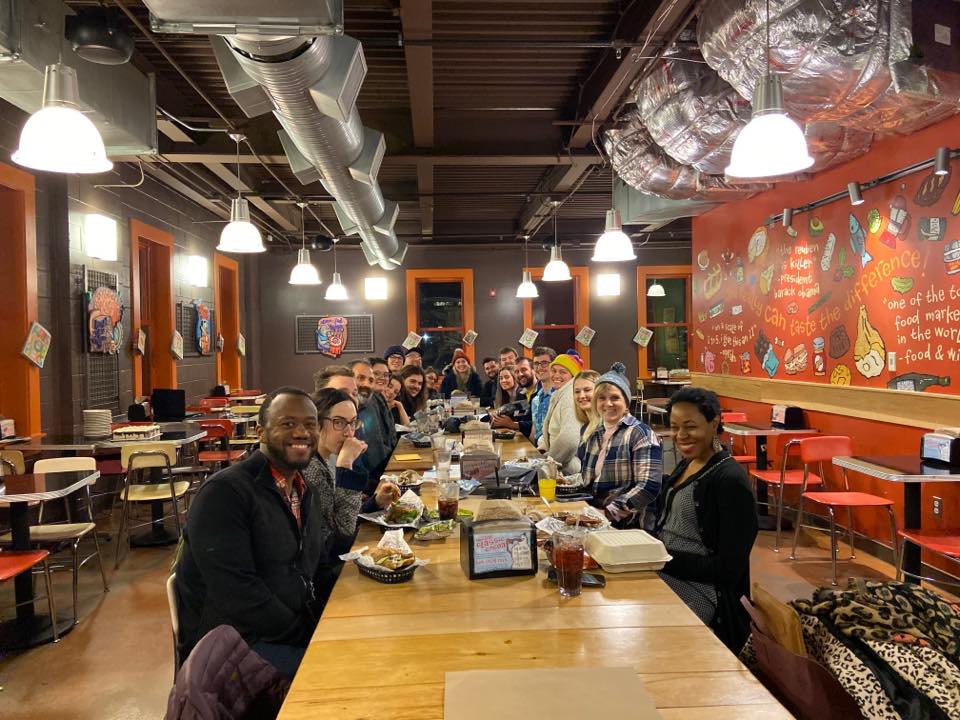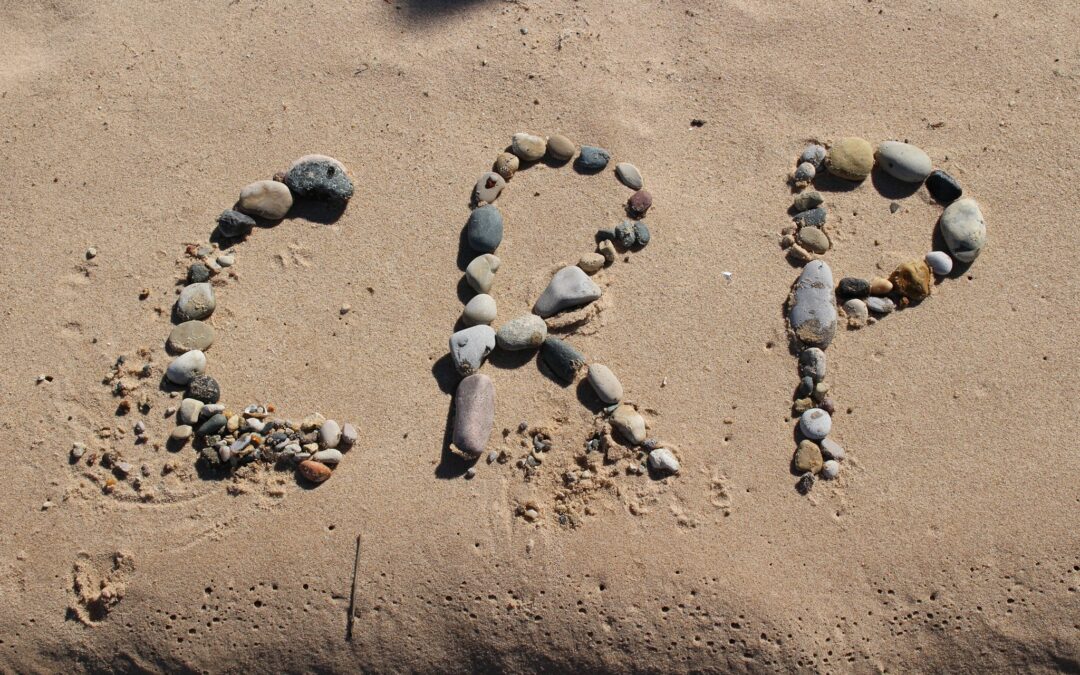Collegiate Recovery Programs, or CRPs, have the potential to positively influence a student’s recovery and the outcome of their studies. Each program varies, however, in terms of its conception of recovery, the types of recovery support available, and activities offered. This week, as part of our collegiate recovery program spotlight feature, we are highlighting the University of Michigan. We spoke to Matt Statman, their CRP Manager.
In your view, what are the critical components of a good CRP?
Matt: I was part of the ARHE board when we envisioned the standards and recommendations that are listed on the website. As a person who was relatively new to the field at that time, having the experience of being part of those discussions was incredibly helpful. And when we ask our students what is important to them about the program, they say the same things: peer support, programming, space and dedicated staff. I also think there are some things that are less measurable that are important such as having a thriving recovery culture in the group, reverence and respect for the recovery community, an emphasis on student autonomy and a compassionate, accepting, affirming environment.
I like this quote from Pathways from the Culture of Addiction to the Culture of Recovery by William L. White: “You are in the right place. You are with others like yourself. We understand you and the world you come from. We accept who you are and who you can become. This is a place where magic (change) can happen…” Food is also good.

How can CRPs impact the trajectory of a student’s recovery?
Matt: We tend to serve students in a few broad categories. They of course share some commonalities and each comes to us with their own set of needs, challenges and strengths. Therefore, CRP involvement affects each of their trajectories in a variety of ways.
We have students who are already in recovery in Ann Arbor, but are not yet U-M students. They often come to U-M with a strong local support system and have the new challenge of maintaining their recovery in a rigorous academic setting where some of the values that are conveyed as being important to student success directly contradict the values that are important to recovery. So they come to U-M and need to be integrated into the campus/academic culture in a healthy way.
We have another group of students who are current students at U-M and get sober as students. They are familiar with the academic challenges and the ins and outs of campus life. This group often has more of a need for integration into the recovery community and help grasping recovery culture. These students often have the added challenge of having easy access to the faces and places from their days in active addiction.
And we have students who are coming from out of town and are already in recovery. These students benefit from on- and off-campus integration and share some of the needs of both of the first two groups.
For some of our students, it is no understatement to say that CRP offered them an introduction to recovery, which was a lifesaver. Many students attribute their ability to stay in school and graduate to their involvement with CRP. And all students who stay involved tell us that CRP involvement enriched their lives and made their college experience at U-M more fulfilling.
Many colleges gather data from CRPs to improve the student experience. What key components of your program do you measure, and what improvements have you made?
Matt: Most of our data collection has been to get student perspective so that we can stay responsive to their needs and preferences. In a nutshell, we ask what is working, what is not, and what should we be doing that we are not. We make small tweaks to the program each semester based on that. For example, students have said that they like breaking into smaller groups during some of our check-ins. That they like some recreational activities more than others. That they find intentional goal setting to be more helpful than open check-ins. That they have already been to rehab and don’t want activities that seem clinical and that they respect the vegan life but want some animal products on the menu.
What are you most proud of about your CRP?
Matt: I am proud of the institution for embracing and elevating collegiate recovery. I am proud of our allies and supporters for recognizing the importance of CRP and helping out and I am most proud of all of the students past and present. The things that they have to do to get healthy and stay healthy require a ton of courage. It’s an honor to be a trusted companion for a small and important part of their journeys.

